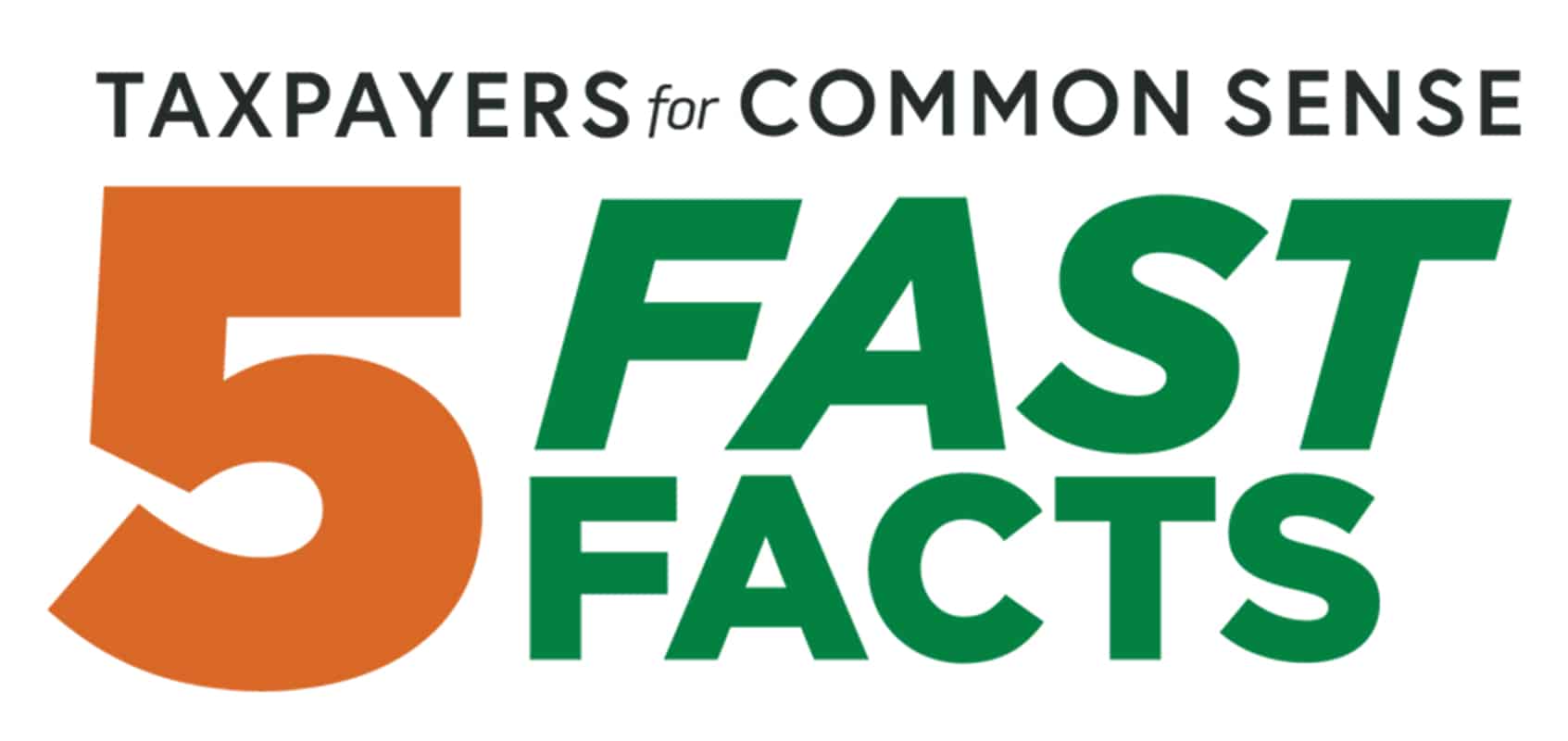ABOUT
Continuing Resolutions (CRs) Funding Government
1. A CR MEANS CONGRESS HAS FAILED TO PASS SOME OR ALL OF THE ANNUAL SPENDING BILLS
By law the President is required to submit a budget request to Congress in February. This request outlines funding for the entire government in the next fiscal year that starts October 1st. Congress then is supposed to develop their own budget and pass twelve individual spending bills that fund various functions of government. If that doesn’t happen before the start of the fiscal year, Congress will generally adopt a Continuing Resolution to fund government at the same level as the previous year.
2. IT HAS BEEN 25 YEARS SINCE CONGRESS PASSED ALL SPENDING BILLS ON TIME
The last time all spending bills were completed on time was 1997. The last time they were passed on time and individually, which is the regular order, was 1994. Long gone are the days when it was a priority for Congress to pass annual appropriations bills under the regular order.
3. THE ALTERNATIVE TO A CONTINUING RESOLUTION IS A GOVERNMENT SHUTDOWN
If appropriations bills are not passed by the end of the fiscal year, September 30th, government agencies do not have funding for the new fiscal year; therefore, a dreaded government shutdown will follow―and shutdowns can be quite costly. In 2019, a shutdown cost taxpayers $2.2 billion and reduced the quarterly real GDP growth rate by 0.4 percent.
4. THEY CAN BE TEMPORARY OR FULL-YEAR MEASURES
CRs can last a few weeks or several months. They freeze next year’s spending at the previous year’s spending level, and this can go on for 77 days―like the current one―or for any length of time between 1 and 365 days (366 on a leap year) that Congress finds fitting. For short-term CRs, funds are apportioned using a pro-rata percentage.
5. GOVERNMENT AGENCIES CANNOT OPERATE EFFICIENTLY DURING A CR
Agencies are constrained from doing their work as planned because they are not receiving funds to execute their planning for the starting fiscal year. During the term of the CR, they are being funded according to the previous fiscal year’s appropriations. They cannot take on new activities (unless exceptions, called “anomalies” are authorized), so they are hardwired to be inefficient and their efforts for long-term planning are undermined.












Get Social